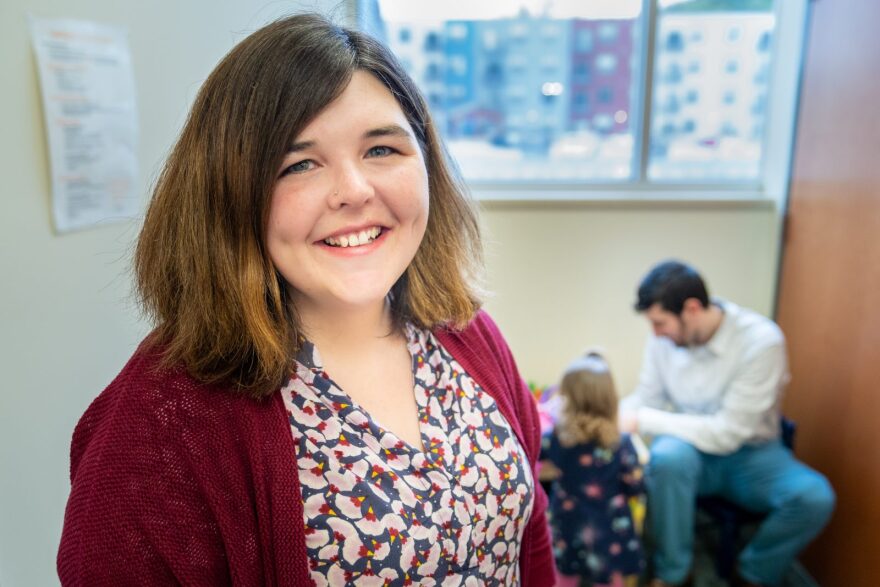Babies who were exposed to substances in the womb, like opioids, nicotine and alcohol, are more likely to show developmental delays and other health conditions.
But studies show a wide range of different outcomes.
“We know that a lot of these kids are at high risk, but that’s all we can say,” said Brittany Howell, an assistant professor at the Fralin Biomedical Research Institute, one of 25 sites selected by the National Institutes of Health to participate in a study to follow 7500 children over 10 years.
Part of their research includes collecting brain imaging, using an MRI machine.
Researchers will also spend time getting to know these families, learning their health history, and about the circumstances around their lives.
The data they collect will give scientists a more clear understanding of what could help children be more resilient as they grow up.
“Were there things that the family was doing that actually seemed to buffer some of those impacts?” said Howell, who is also an assistant professor of human development and family science at Virginia Tech.
Very little is known about what could help children overcome their challenges during development, but Howell said early research indicates that environmental factors may have more impact than the substances they were exposed to in the womb.
“Things like do they have a safe place to live. Do they know they’ll have food on the table? Are their parents employed? A lot of those, very basic needs, if those can be met, a lot of the risk seems to fall away.”
“That’s not easy,” Howell said. We’re talking about stigma, we’re talking about economic depression. In some cases systemic racism. We’re talking about very ingrained cultural things that have to change to benefit the largest group of people,” Howell said. “If we can provide a supportive environment for those families, then those kids are gonna do great.”
Howell’s team is now recruiting 300 moms across southwest Virginia who are in the early stages of pregnancy. Babies don’t need to be exposed to substances to be included in the study. Families will be compensated for their time and travel.
For more information about the study, contact the Howell Lab.
This report, provided by Virginia Public Radio, was made possible with support from the Virginia Education Association.


